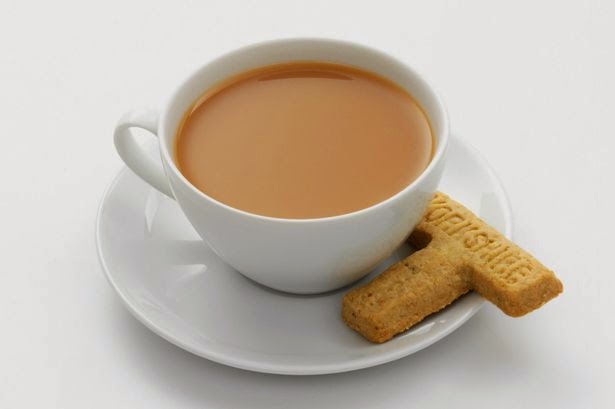
In skin-cancer studies, laboratory animals that were given green tea developed one-tenth as many tumours as animals that were given water instead. When it comes to preventing skin cancer, green tea seems to be equally effective whether it’s sipped from a cup or applied to the skin. Many cosmetics manufacturers have started adding green tea to skin-care products because its antioxidants effects may reduce wrinkles or other evidence of skin damage.
The US National Chamber Institute is researching green tea as a preventive agent against skin cancer. One study is investigating the protective effects of a pill form of green tea against sun-included skin damage; another is looking at the topical application of green tea in shrinking precancerous skin changes.
While green tea is mainly valued for its cancer-preventing powers, there is some evidence that it may help people who already have cancer. The catechins in green tea inhibit the production of urokinase, an enzyme that cancer cells need in order to grow. It also seems to stimulate the process of programmed cell death, or opoptosis, in cancer cells. In a seven-year study of breast cancer patients, women who drank five cups of green tea a day were less likely to have their concerns spread to lymph nodes than women who drank less.
Heart health and more
Because tea’s polyphenols as such potent antioxidants, they play a protective role throughout the body in any areas that free radicals cause damage, including the arteries. Tea also has antibacterial properties that benefit dental health. Your everyday cuppa may offer:
- Less heart disease The chemicals in tea help to prevent cholesterol from oxidizing. Oxidization occurs when cholesterol is bombarded by free radicals. The process makes the cholesterol more likely to stick to artery walls, a step on the road of heart disease. Dutch researchers reported that men who consumed the most flavonoids – a chemical family that includes tea’s polyphenols – had a 58 per cent lower risk of dying from heart disease than men who got the least. The healthiest man in the study drank about 4 cups of a tea a day.
- Reduced stroke risk Women who drink tea frequently appear to have lower rates of stroke than those who drink less, probably because the polyphenols in tea reduce damage to vulnerable blood vessels in the brain.
- Stronger teeth Tea contains a modest amount of fluoride, the mineral that strengthens teeth and reduces tooth decay. Moreover, the tannins and polyphenols in tea inhibit bacteria that damage the teeth. There’s even evidence that tea improves the ability of tooth enamel to resist the onslaught of oral acids.
- Soothe sunburn and more Because tea contains astringents that help to reduce inflammation, a wet tea bag can provide soothing relief for sunburnt skin and well as haemorrhoids and mouth ulcers. (Tea is alkaline, so it neutralizers acids that eat into tissue exposed by an ulcers.)
Drink to your health
Two or three cups of tea a day is probably enough to provide most of its health benefits. Green tea supplements, sold in health-food shops also appear to be effective. The usual dose is 250 to 400mg taken once a day.
One caveat: if you usually drink tea with milk, you might be missing out on some of the health protection. Proteins in milk may bind to tea’s polyphenols and block their beneficial effects.
